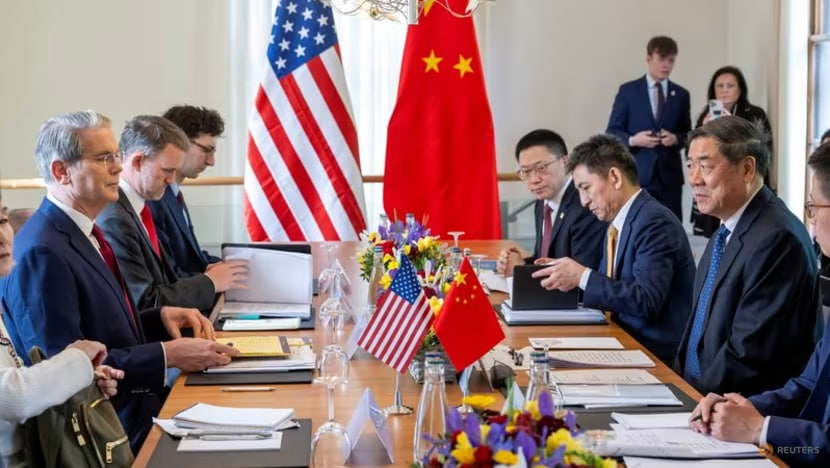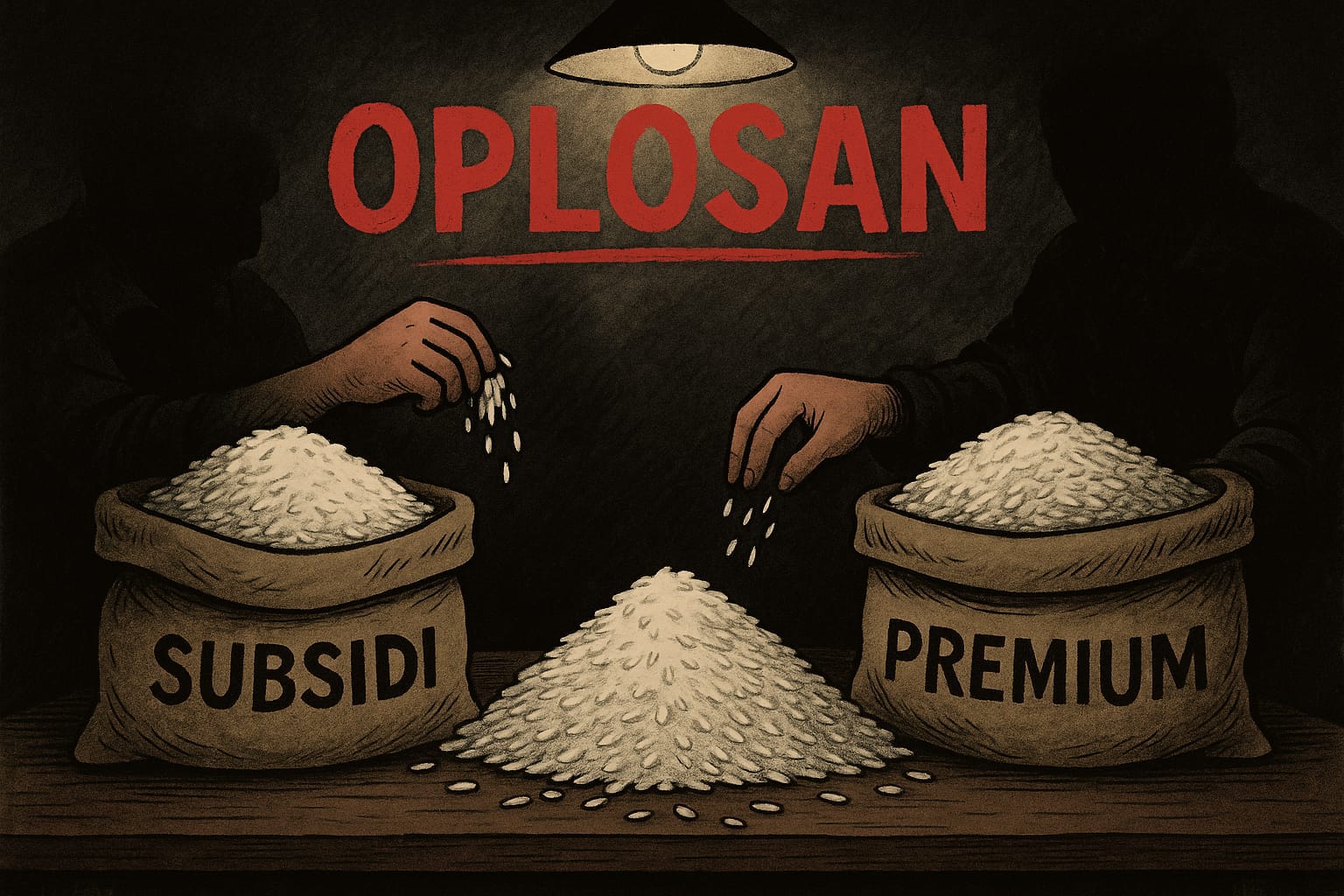Global trade entered a pivotal stage this week as US-China talks resumed. The resumption signals renewed optimism for cooperation between the world’s two largest economies. At the same time, the European Union announced new technology tariffs. This move could ripple across international markets and affect multinational corporations’ strategies.
Tariffs and Market Impact
The EU decided to implement tariffs on select technology imports to protect domestic industries from competition. Officials said the measures target sectors where strategic technology leadership is essential. Market analysts predict the tariffs could cause price changes, supply chain shifts, and possible retaliatory actions from trading partners.
In the US-China context, tariffs have long served as both leverage and friction points. Recent discussions focused on resolving lingering issues from prior trade disputes, including agricultural tariffs and semiconductor export controls. By addressing these concerns, negotiators hope to reduce barriers, stabilize markets, and enhance bilateral trade volumes.
Trade Deals and Strategic Agreements
Beyond tariffs, the US-China talks aim to forge new trade agreements that encourage investment and technology exchange. Representatives from both countries outlined preliminary frameworks that emphasize fair competition, intellectual property protections, and dispute resolution mechanisms. Analysts suggest that even incremental progress could ease tensions and boost investor confidence in global markets.
Meanwhile, the EU plans to pair tariffs with targeted trade agreements that incentivize domestic innovation while maintaining strategic alliances with key partners. The combination of protective measures and collaborative agreements signals a nuanced approach to global trade governance.
Read also: Amazon grocery delivery volunteers
Sanctions and Political Dimensions
Sanctions continue to shape international trade alongside tariffs and agreements. The US highlighted concerns about technology transfer and national security. Officials stressed that some restrictions remain critical to protect sensitive industries. China responded by emphasizing mutual respect and adherence to international trade norms. These exchanges show the complex link between economic policy and geopolitical strategy.
EU measures also send political signals. By imposing tariffs selectively, the bloc shows its commitment to domestic industries and willingness to negotiate with global partners. Observers note that these strategies balance economic pragmatism with political influence amid rising global competition.
Economic Alliances and Regional Cooperation
The current wave of trade negotiations and tariff adjustments underscores the role of economic alliances in shaping global commerce. Both the US and the EU have reinforced partnerships with regional and international stakeholders, seeking to build networks that promote stability and growth. China, in turn, continues to expand trade relationships with emerging markets, demonstrating the strategic importance of diversified alliances.
Read also: Ubisoft sexual harassment verdict
Industry leaders emphasize that these alliances will determine how companies navigate tariffs, sanctions, and shifting market conditions. Collaboration on standards, investment flows, and technology development emerges as a key factor in sustaining competitive advantage.
Outlook for Global Trade
As US-China trade talks continue and the EU implements new technology tariffs, global trade faces both opportunities and challenges. For example, economists suggest that successful negotiations could lead to increased market access, smoother supply chains, and enhanced innovation. On the other hand, missteps could exacerbate tensions, disrupt industries, and trigger retaliatory measures.
Therefore, active engagement and clear communication among major economic powers will remain essential. Moreover, stakeholders across sectors watch closely, knowing that each decision—whether a tariff, trade deal, or sanction—carries implications far beyond national borders.
Read also: Tesla shares fall over Musk political party



